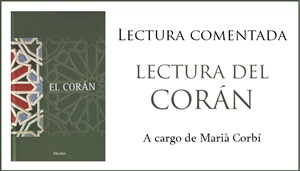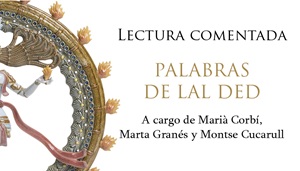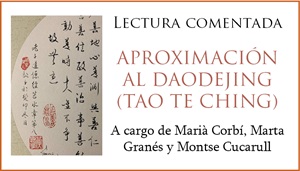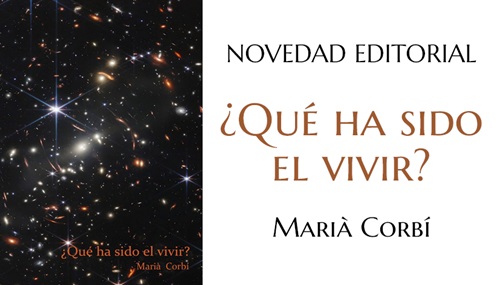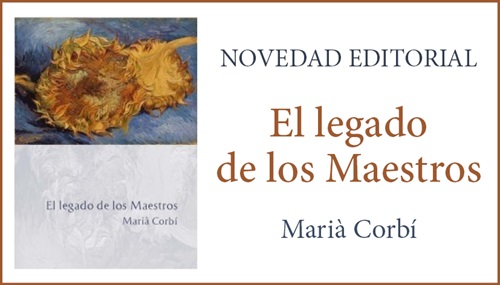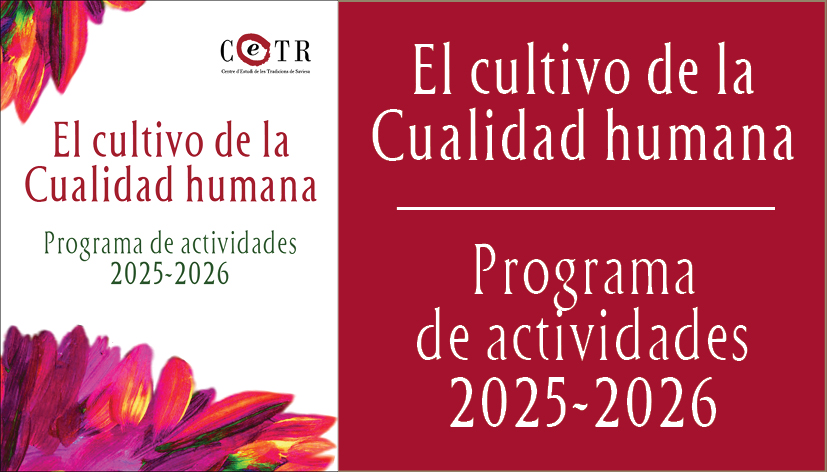Últimos artículos
Un pájaro persa llamado Rumi
En el 800 aniversario del nacimiento de Mawlānā RūmīDirector del “Institut d’Estudis Sufís de Barcelona” Este año, los derviches están de aniversario. De aniversario y de enhorabuena. Y es que con motivo del 800 aniversario del nacimiento del poeta y místico sufí persa Mawlānā Yalāl al-Dīn Muḥammad Baljī, más conocido en Occidente como Rūmī (Balj, Afganistán 1207-Konya, Turquía 1273), la UNESCO ha declarado el 2007 “Año Internacional Rūmī”, una oportunidad inmejorable, qué duda cabe, de dar a conocer el legado…
Himno al Universo. Oración:
Me prosterno, Dios mío, ante tu presencia en el Universo, que se ha hecho ardiente, y en los rasgos de todo lo que encuentre, y de todo lo que me suceda, y de todo lo que realice en el día de hoy, te deseo y te espero. (...) A aquel que Le ame apasionadamente, oculto en las fuerzas que hacen crecer a la Tierra, la Tierra, maternalmente, la Tierra le tomará en sus brazos gigantes y le hará contemplar el…
El sentido de la falta de sentido
Wittgenstein reflexiona sobre la peculiaridad del discurso religioso. El lenguaje religioso reformula, en el marco de una gran y compleja alegoría, en enunciados sobre hechos significativos estas vivencias acerca de las que sólo podemos hablar en proposiciones carentes de sentido. No podemos expresar significativamente lo que en los símiles está por sí y remite más allá de sí, como tampoco podemos expresar significativamente la maravilla de la existencia del mundo. [...] Todavía no hemos dado con el análisis lógico correcto…
LA ESPIRITUALIDAD COMO PROPUESTA
Por espiritualidad hoy se entienden muchas cosas: experiencias, sentimientos, posiciones, filosofías, comportamientos; en general, concepciones, prácticas y manifestaciones que tengan un carácter más o menos personal, subjetivo, experiencial, de realización y trascendencia. Por ello es frecuente en la actualidad contraponer espiritualidad a religión. La espiritualidad significaría lo que hay de experiencial, realización inmediata, autotrascendencia, mientras la religión sería sinónimo de una fe impersonal, institucional, abstracta. El problema está en que todo lo que es subjetivamente experiencial y se siente realizador,…
Balthus: pintar es dirigirse cada día hacia la fuente…
"Pintar es dirigirse cada día hacia la fuente a buscar el agua: la luz. (270). Pintar es salir de sí mismo, olvidarse, preferir el anonimato y arriesgarse a no estar d’acuerdo con el siglo, con las modas y con los semejantes. (283) Pintar es, principalmente, querer conocer y hacer todo lo posible por conseguirlo. (284)" Os ofrecemos una selección de reflexiones del pintor polaco Balthus (1904-2001), palabras recogidas por Vircondelet pocos meses antes de la muerte del pintor. Son…

